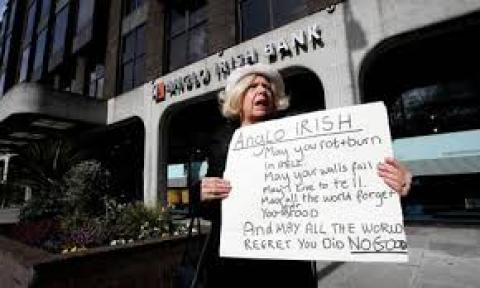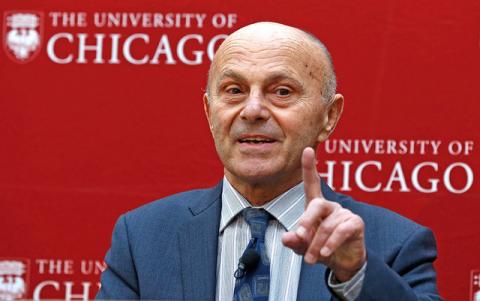Anti-Foreclosure Activists Put BlackRock in a Hard Place
In These Times

"The big banks took our homes away through predatory lending. Now, we're taking them back." - signs held by protesters in BlackRock's lobby.









Spread the word